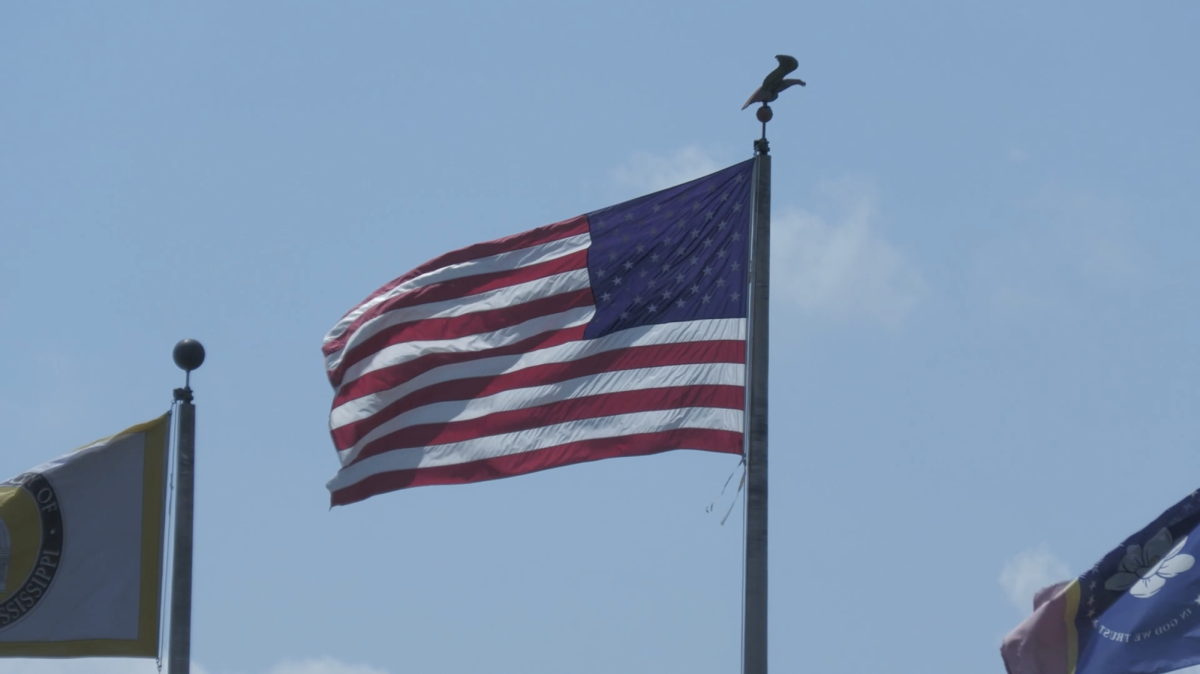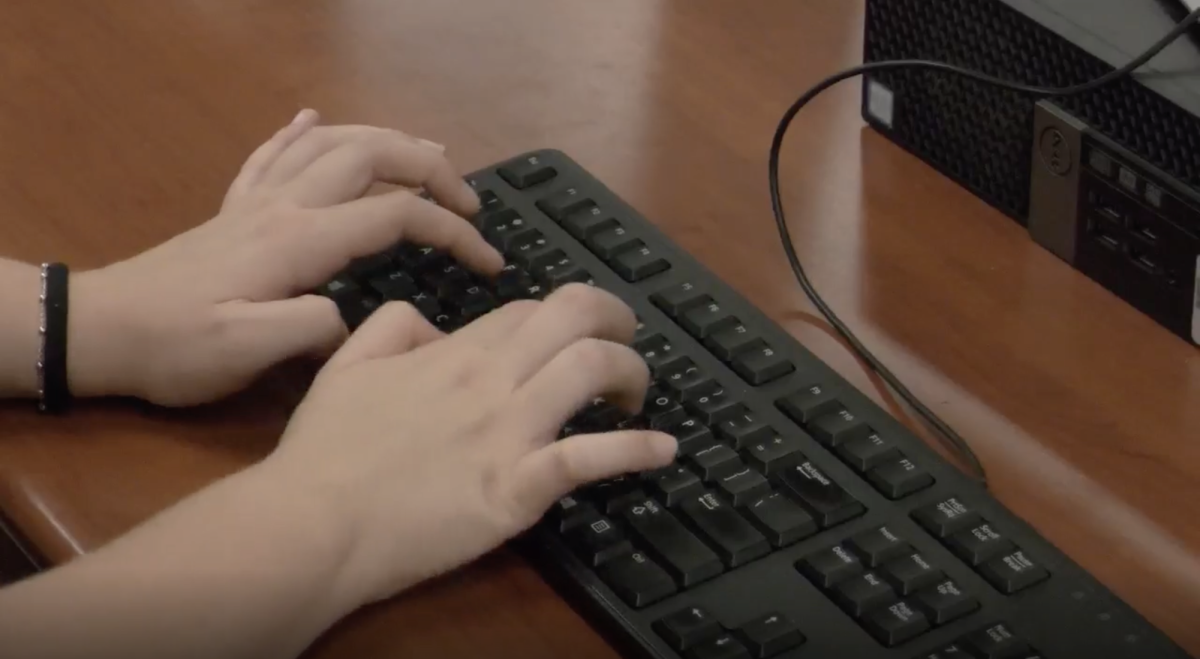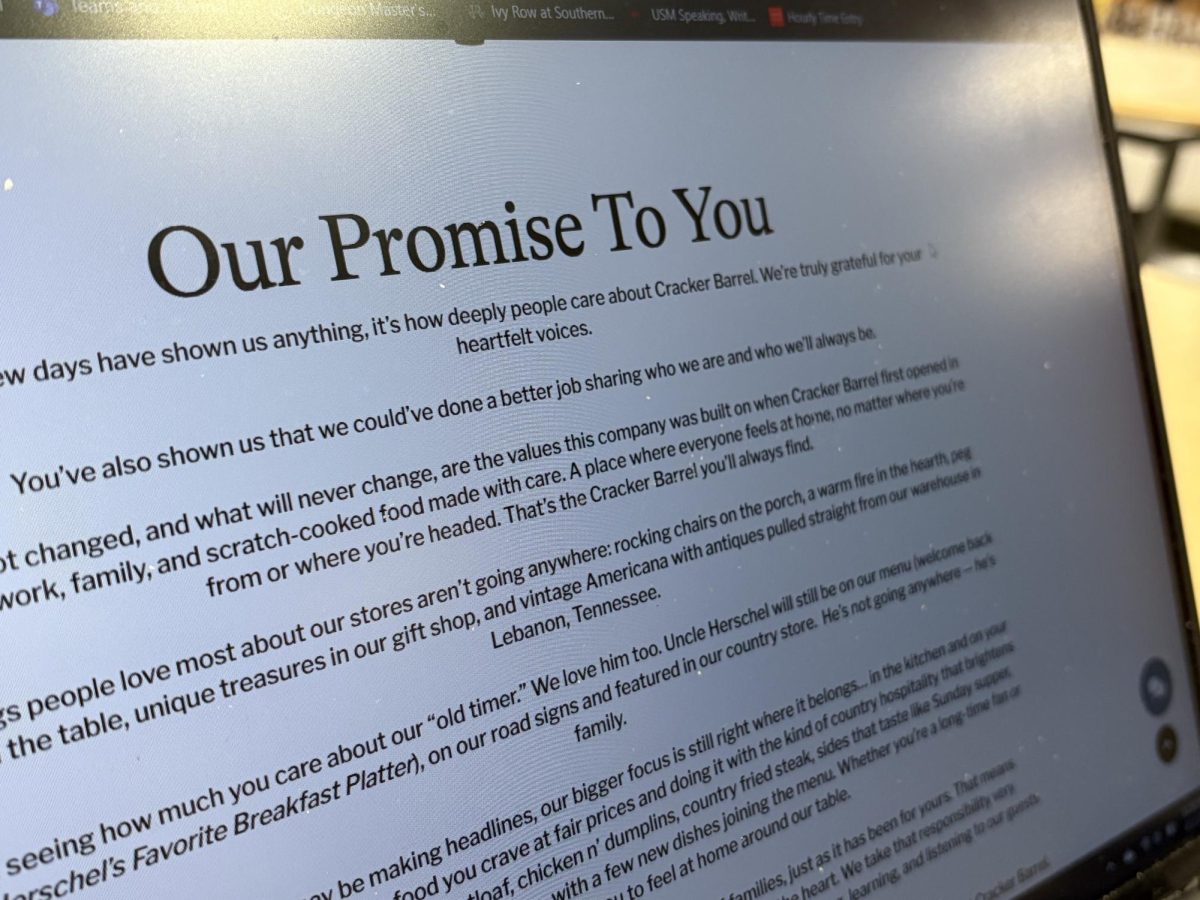President Donald Trump signed more than 200 executive orders, including one titled “Prosecuting Burning the American Flag” on Aug. 25.
The executive order directs the attorney general to prosecute individuals who violate laws involving desecrating the American flag and to pursue legal action to clarify the purpose of the First Amendment. It also instructs the secretaries of state and homeland security, as well as the attorney general, to deny, prohibit, terminate, or revoke visas, residence permits, naturalization proceedings, and other immigration benefits, or seek removal from the United States when flag desecration by immigrants has been determined under existing laws.
While signing the order, President Trump said on camera that individuals caught burning the flag would face a one-year jail sentence, though that provision is not included in the executive order itself.
USM Assistant Professor of Legal Studies William R. Newman said the president’s intentions appear to be aimed at overturning Texas v. Johnson in 1989, which ruled that burning the flag is a First Amendment-protected form of free speech.
“I would guess that the goal is that they’re hoping they can get somebody prosecuted and it makes its way all the way up to our Supreme Court,” Newman said. “They’re hoping the more conservative court will say we made a mistake and that precedent of Texas v. Johnson back in the 80s, ‘You know what? Flag burning is a terrible thing, and congress ought to have the power to criminalize it and we believe it was wrong for our court, 40 years ago, to say that free speech rights in the First Amendment don’t allow the criminalization of flag burning.’”
Freshman psychology major Adriann Grays said the executive order is inappropriate, violates her First Amendment rights and represents a misuse of presidential power.
“It’s inappropriate for Trump to behave the way he is,” Gray said. “How we aren’t protected under the Five Freedoms anymore, according to him, because someone is doing something that he doesn’t like. That’s why it’s the freedom you’re able to do what you want. Does it matter if anybody likes it or not? For him to not like it and him having the most power in the country, it’s unnecessary.”
Freshman Keirra Showers noted a perceived inconsistency in public reactions to flag burning compared with other symbolic acts, such as burning a pride flag.
“You know, it’s like compared to like you say, oh they don’t have a problem burning stuff like the pride flag,” Showers said. “But when it comes to like an American Flag, like there’s no real difference. It’s free speech.”
More information on the executive order is available at whitehouse.gov.




























